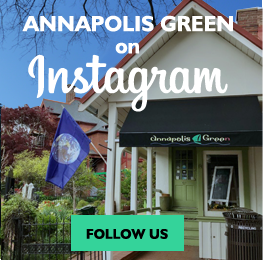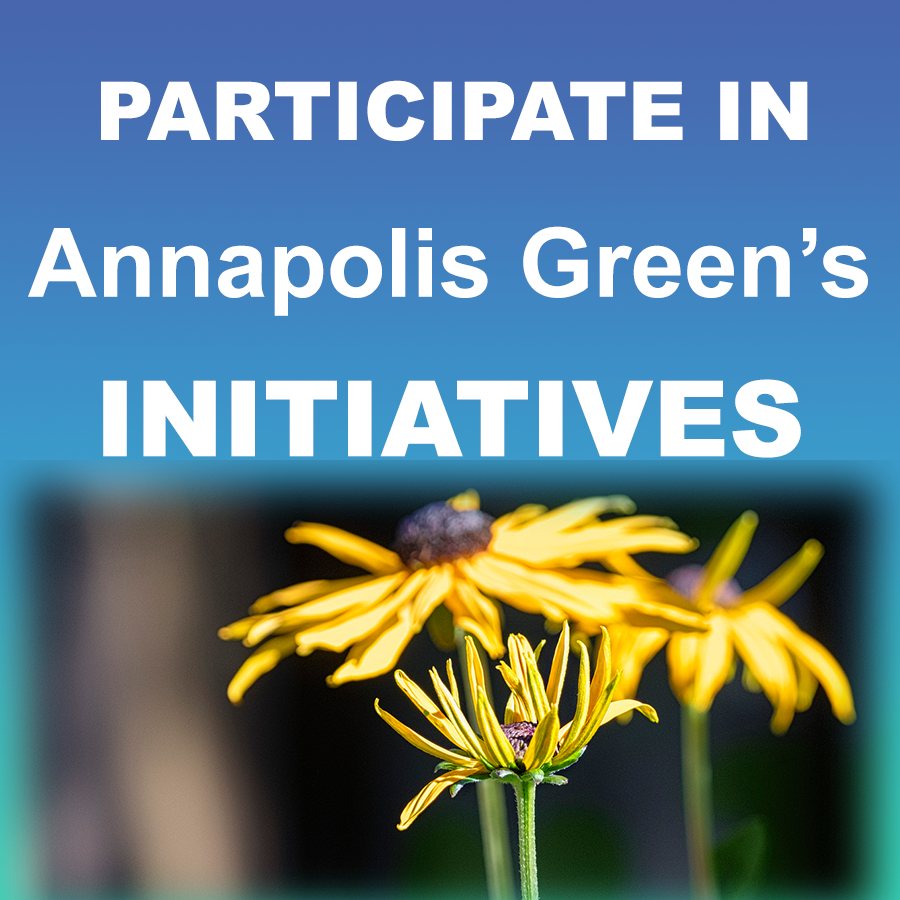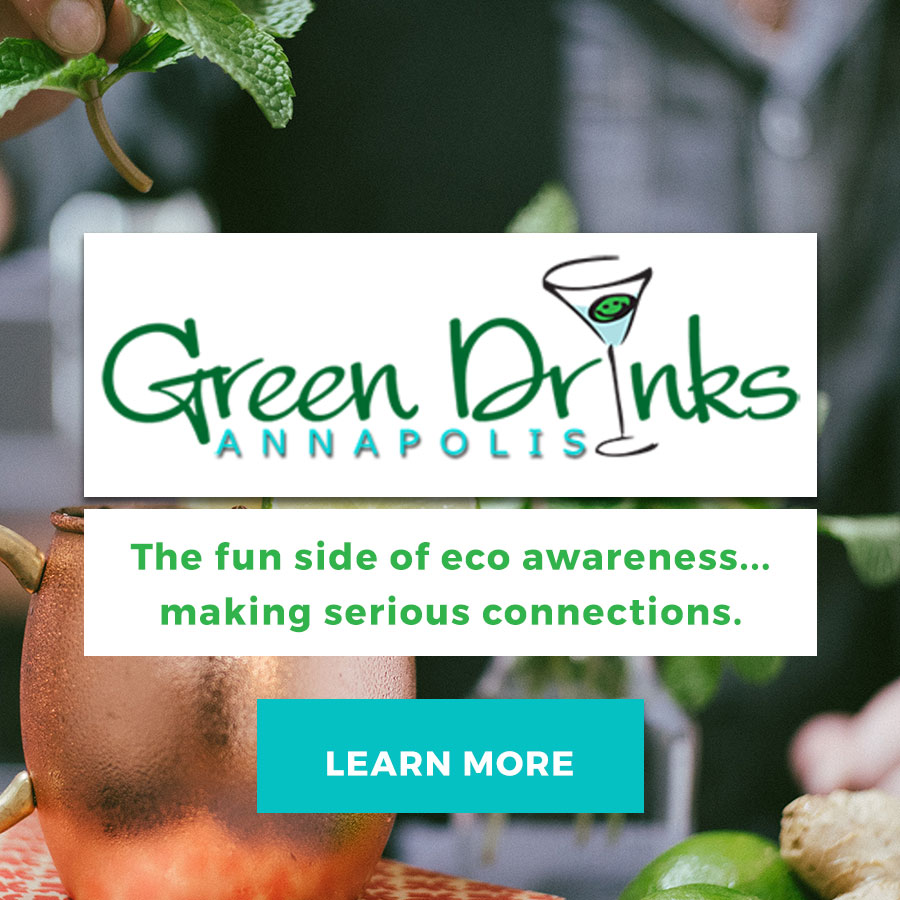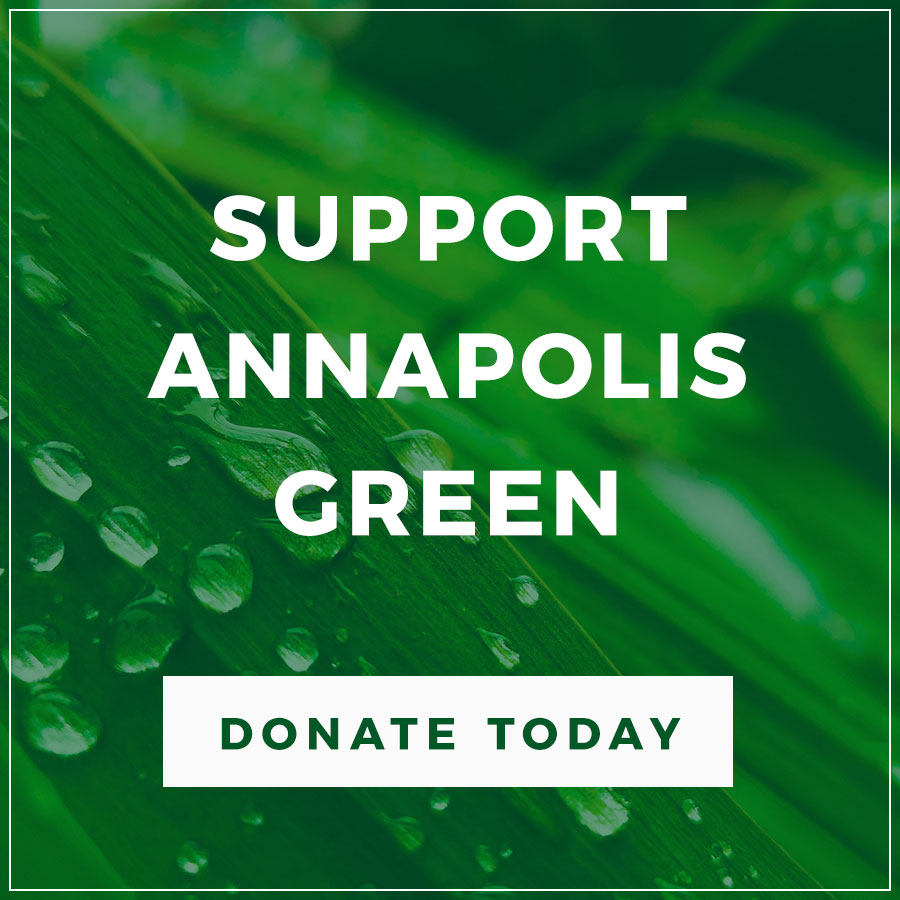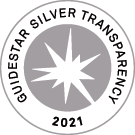The Water Knife: A Dystopian Climate Future
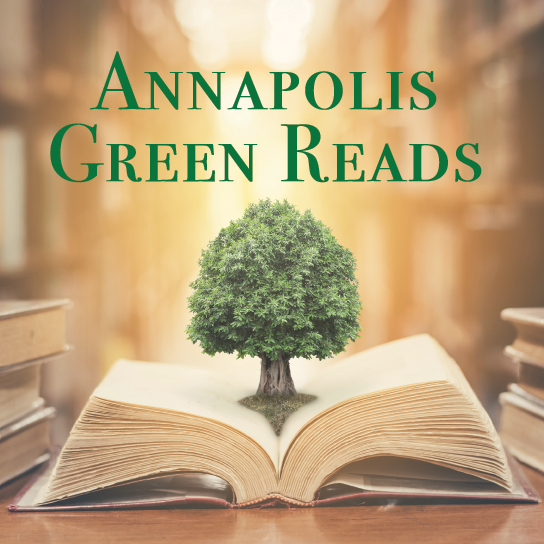
 Our book group recently read the dystopian science fiction novel The Water Knife by Paolo Bacigalupi about water rights and climate change in the western United States. Most of the readers found value in reading the violent story because of the realistic portrayal of characters and the role of institutions and corporations. Given that it’s important to reach people on important issues wherever their sensibilities lie, there could, feasibly, be many individuals who could connect to environmental concerns by reading a book like this.
Our book group recently read the dystopian science fiction novel The Water Knife by Paolo Bacigalupi about water rights and climate change in the western United States. Most of the readers found value in reading the violent story because of the realistic portrayal of characters and the role of institutions and corporations. Given that it’s important to reach people on important issues wherever their sensibilities lie, there could, feasibly, be many individuals who could connect to environmental concerns by reading a book like this.
I didn’t finish this book. The violence triggered an aversion to the subject matter with anger that I was being subjected to torture scenes in service to the story and feelings of eco-anxiety. Eco-anxiety is the feeling of overwhelm about the future of our environment and our place in it. I wanted to distance myself from the poor decisions that leaders could make on water rights in the western part of the country. All of the environmental issues we face are interconnected but I found myself wanting to reject this storyline and deny the possibility of chaos and destruction in hope that we can find a better path. I wonder, “How can we manifest a better, smarter future for the planet if we are entertaining the worst possible outcomes instead of the best?”
How can we deal with moments of eco-anxiety when we feel them? Many of us have already tapped into the therapeutic resource of time spent in nature; immersion, whenever possible, is immensely beneficial. When we touch, see, hear, smell, and taste aspects of the natural world, it calms and centers us. We reconnect with who we are. So, more of that! Another possibility is to contact a local environmental organization and get busy working with them. Getting out of our own heads and working to serve our community can feel so good. Turning toward education on environmental issues and learning about the efforts to resolve them can be helpful to dispel some fears. Ignorance is not blissful for many of us; knowledge can be reassuring. However, recognizing when we’ve reached our threshold is also a necessary part of self-care. Yet another outlet might be to listen to stories that people tell (ahem, book club!) or each write our own stories – the human brain responds well to narratives and helps us to make sense of all that is around us. Finally, in these days of continued overwhelm, we can each consider talking with a mental health therapist to help us get through the times when things just seem too much.

Our next book is A New Garden Ethic: Cultivating Defiant Compassion for an Uncertain Future by Benjamin Vogt. If you would like to join our discussion, please contact me. We are meeting in person and on Zoom to accommodate everybody’s comfort level.
–Karen Grumbles
